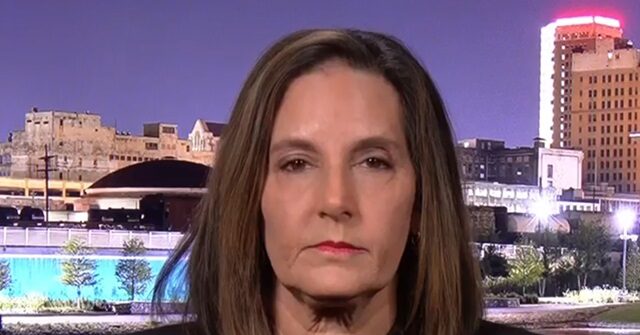Joyce Vance, a long-time critic of former President Donald Trump and a contributor to MSNBC, addressed President Joe Biden’s decision to pardon his son, Hunter Biden, during a recent broadcast. Vance emphasized that Biden’s pardon is a legitimate exercise of presidential power, one that he has the authority to enact without external interference. As Hunter is facing imminent sentencing, Vance suggested that the urgency of the situation likely played a significant role in Biden’s decision-making process. She drew parallels between Biden’s actions and past controversies surrounding Trump, particularly regarding the treatment of prisoners, illustrating how these past experiences might inform Biden’s understanding of justice and fairness in the face of potential biases within the legal system.
In her analysis, Vance mentioned that President Biden’s pardon does not represent a slippery slope toward the abuse of presidential powers. Instead, she argued that Biden is utilizing a power that has traditionally been exercised by presidents throughout American history. While the use of pardons indeed can generate mixed opinions, with some individuals supporting various actions and others finding them objectionable, Vance insisted that Biden’s pardon should not be categorized as an abuse of power. She acknowledged past instances where Trump’s presidency displayed an apparent twisting of justice, particularly in cases involving his former lawyer, Michael Cohen, which may heighten the perception of fairness in Biden’s handling of justice matters.
Vance also referenced the insights of fellow legal analyst Mary McCord, who elaborated on the implications of such pardons on presidential authority. Vance reiterated the notion that Biden’s actions should not be construed as setting a precedent for unchecked power or a dramatic undermining of the rule of law. By framing the discussion in this manner, Vance aimed to clarify that Biden’s use of the pardon power is a legitimate tool within his presidential prerogatives, distancing it from the controversies that surrounded Trump’s presidency.
Moreover, Vance’s comments reflect a broader sentiment about the nature of presidential pardons, which often straddle the line between legal authority and political optics. Historically, many presidents have employed pardons to mitigate sentences or restore rights, often stirring public debate regarding the ethics of such decisions. Vance acknowledged that not every use of the pardon power garners unanimous support but underscored that it remains a constitutionally protected action afforded to presidents for specific circumstances like those faced by Hunter Biden.
In light of these events, there is an emerging dialogue about the implications of presidential pardons and how they intersect with public perception of justice and accountability. Vance argued that while some might view Biden’s decision as politically charged or inconsistent with earlier statements, it should ultimately be regarded as a matter of presidential prerogative rather than a message indicative of flawed intentions. This view positions Biden’s decision within the context of presidential duties and responsibilities while mitigating critiques related to perceived partisanship or inequity.
In conclusion, Vance’s interpretation of Biden’s pardon encapsulates a defense of executive privilege and aims to normalize a practice long engrained within the fabric of American politics. While the complexities surrounding Hunter Biden’s legal troubles and the sociopolitical ramifications of the pardon will continue to fuel debate, Vance’s perspective highlights the constitutional framework that allows for such decisions. This commentary not only seeks to legitimize Biden’s actions but also reflects an ongoing discussion about the balance between justice, power, and public accountability in contemporary governance.

